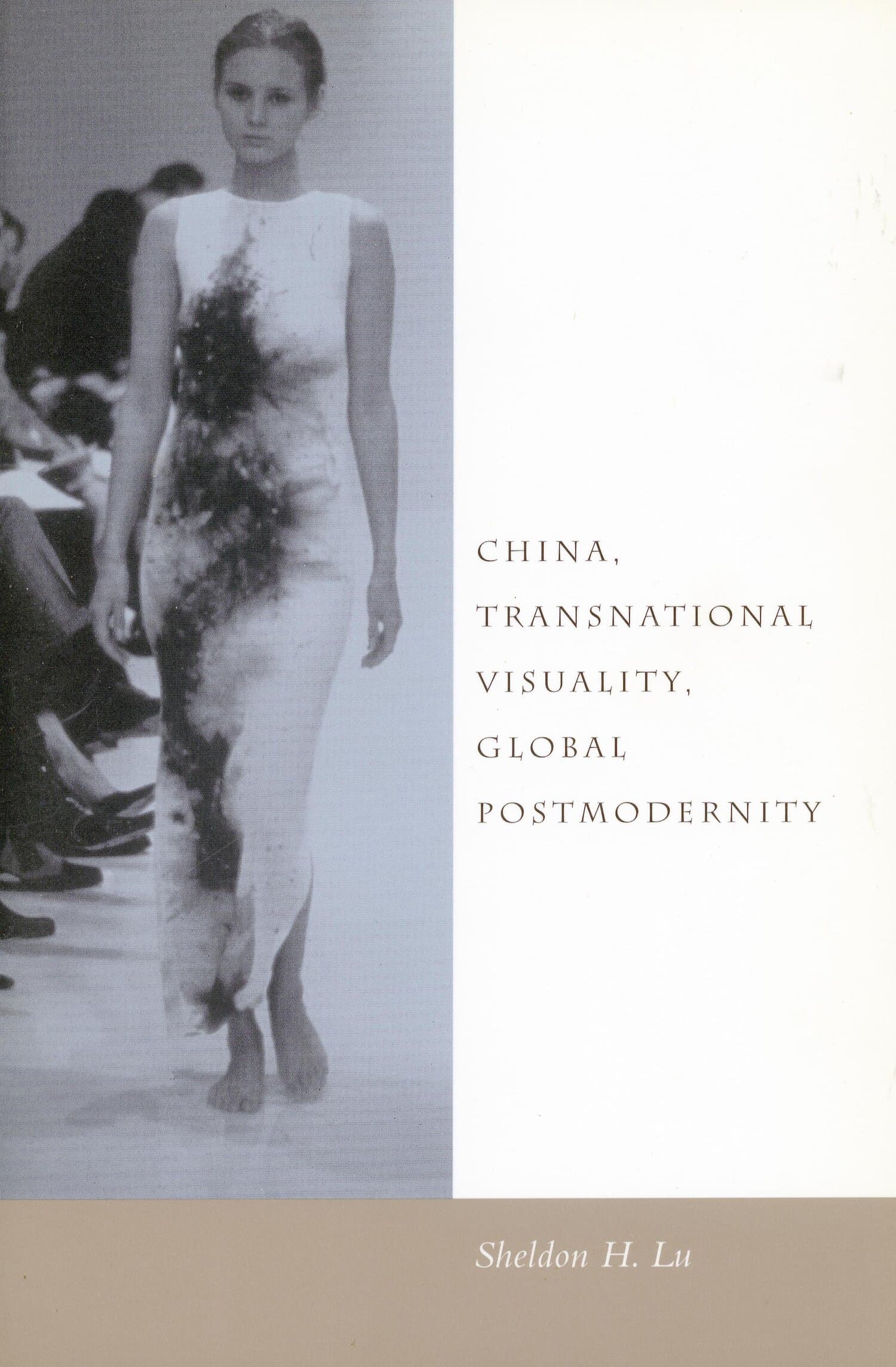What’s Left of Enlightenment?

It has become increasingly clear in recent years that, for all their differences, the many varieties of thinking commonly grouped together under the rubric of “postmodernism” share at least one salient characteristic: they all depend upon a stereotyped account of the Enlightenment. Postmodernity requires a “modernity” to be repudiated and superseded, and the tenets of this modernity have invariably been identified with the so-called Enlightenment Project. This volume aims to explore critically the now conventional opposition between Enlightenment and Postmodernity and question some of the conclusions drawn from it.
In so doing, the authors focus on three general areas. Part I, “Enlightenment or Postmodernity?”, reflects on the way in which contemporary discussion characterizes the two movements as radical alternatives. Part II, “Critical Confrontations,” provides a kind of archaeology of this opposition by charting a series of critical engagements by those who have affirmed or demeaned Enlightenment values in the twentieth century. Part III, “A Postmodern Enlightenment?”, complicates the perceived dichotomy between Enlightenment and Postmodernity by pointing to the existence within the Enlightenment of elements frequently seen as characteristic of Postmodernity.
The contributors are Lorraine Daston, Dena Goodman, David Hollinger, Lawrence E. Klein, Jonathan Knudsen, Michael Meranze, Richard Rorty, Hans Sluga, and Johnson Kent Wright.
"This remarkable book reexamines the intellectual history of 18th-century France and Germany in order to bring to light a richer, more nuanced view of this pivotal period in European intellectual history. . . . Every essay in this collection is of great intellectual rigor and constitutes a serious contribution to the enduring question, "What is Enlightenment?". . . . Although essays dealing with postmodernism tend to be arcane or incomprehensible, the essays in this book are difficult, challenging, and wonderfully readable."—Choice
"Giorgio Agamben is perhaps one of the most important philosophers and literary critics writing in Italy today, and, given the scarcity of philosopher-critics translated into English from Italian, one should certainly be thankful to Stanford University Press for translating this important thinker."—Philosophy in Review




